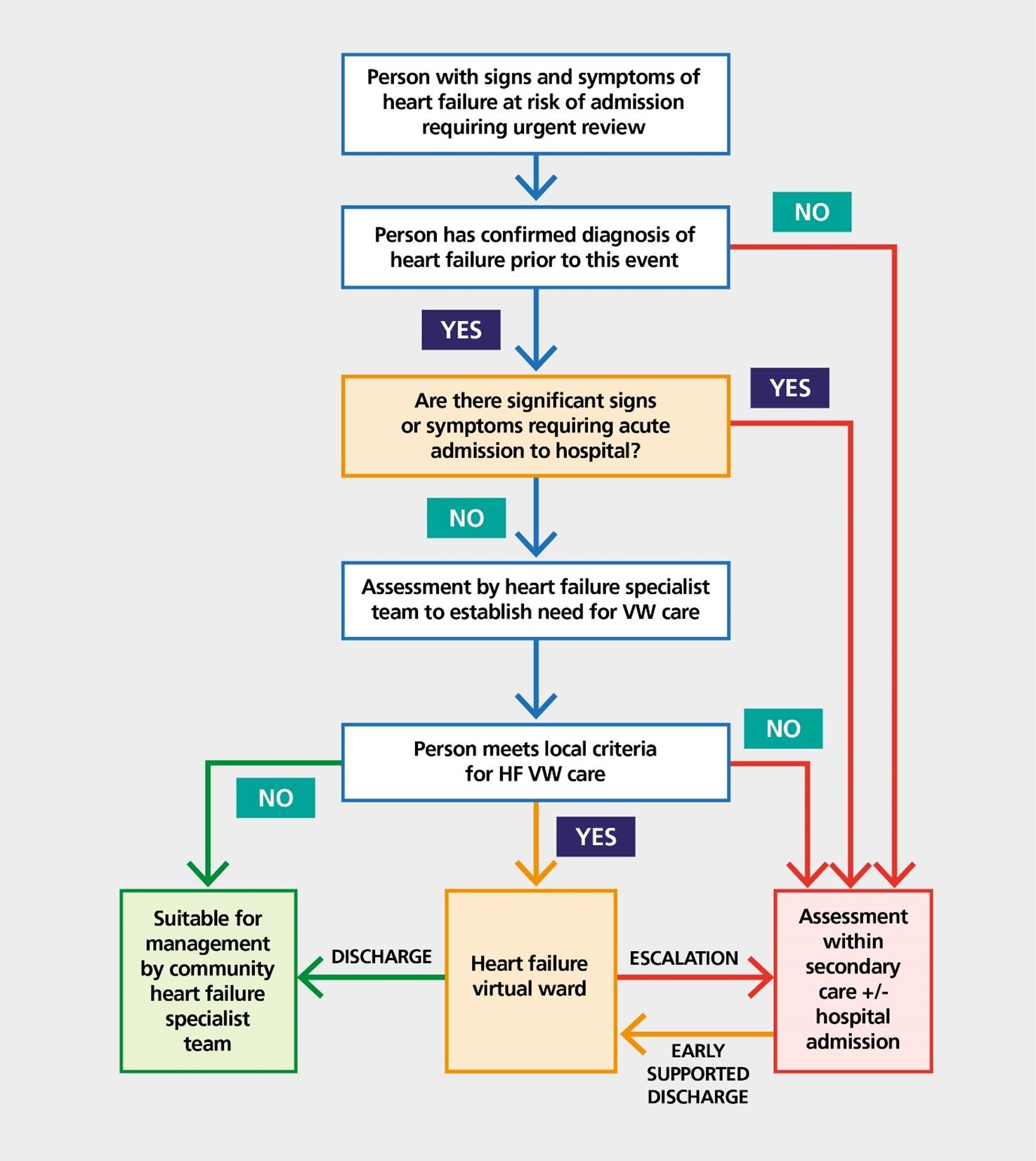Quick Overview
NHS England has launched an evaluation to assess the effectiveness of its national virtual wards initiative, which aims to provide hospital-level care at home.
Key Details
- Currently, over 12,000 virtual ‘beds’ are operational across the country.
- In May 2024, NHS England announced plans to enhance access to virtual wards to reduce unnecessary hospital admissions and alleviate emergency department congestion.
- The evaluation, set to last two years, began in February 2025 and will be conducted by Healthcare Integration Partners (HIP), Kaleidoscope, and City St George’s, University of London.
Expert Insights
Rehan Qureshi, associate director at HIP, emphasized the importance of this evaluation, stating, “The national virtual ward evaluation program is a key priority for NHS England, enabling patients to receive hospital-level care at home.” He noted that while the use of virtual wards is increasing, comprehensive evaluations of their impact have been limited.
Evaluation Objectives
- The evaluation aims to create a qualitative research framework to assess the strategic development, design, and implementation of virtual wards.
- It will utilize econometric modeling to analyze patient and hospital outcomes, including readmission rates and length of stay.
- A simulation model will estimate how changes at both patient and hospital levels can influence overall healthcare system metrics, such as bed availability and patient flow.
- A cost-effectiveness analysis will evaluate the financial implications of virtual wards, focusing on expenditures related to improvements in key outcomes.
Importance of Virtual Wards
Dr. Navid Izady from City St George’s highlighted the necessity of virtual wards, stating, “They ease the burden on nurses and free up hospital beds for those in critical need.” He added that the success of virtual wards relies on efficient operational models, appropriate patient selection, and the right technology.
Recent Findings
A previous NHS evaluation in the South East revealed that virtual wards successfully avoided 9,000 hospital admissions in 2023-2024.
Future Implications
A spokesperson for NHS England remarked on the rapid growth of evidence supporting virtual wards, noting that this evaluation will be the first comprehensive assessment of their impact on patient experiences and outcomes, as well as system-wide effects.
